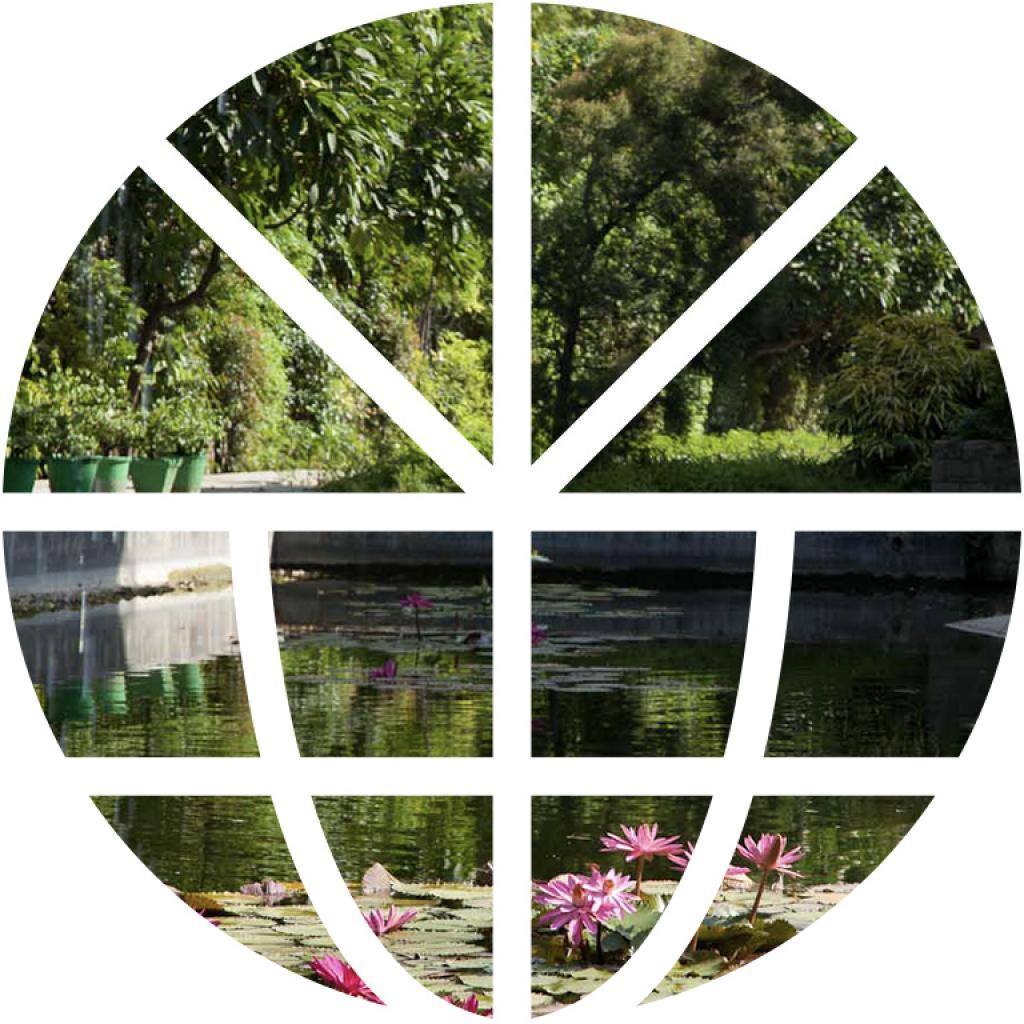Golda Slept Here
Speaker: Suad Amiry, well-known Palestinian author who will speak about her new book of the same title
In this literary-historical tour-de-force, Suad Amiry traces the lives of individual members of a Palestinian family and through the, the histories of both Palestine and the émigré Palestinian community in the other countries of the Middle-East. Through poetry and prose, monologue and dialogue, we glimpse the lost Palestinian landscape caught in the silent battle between remembering and forgetting

